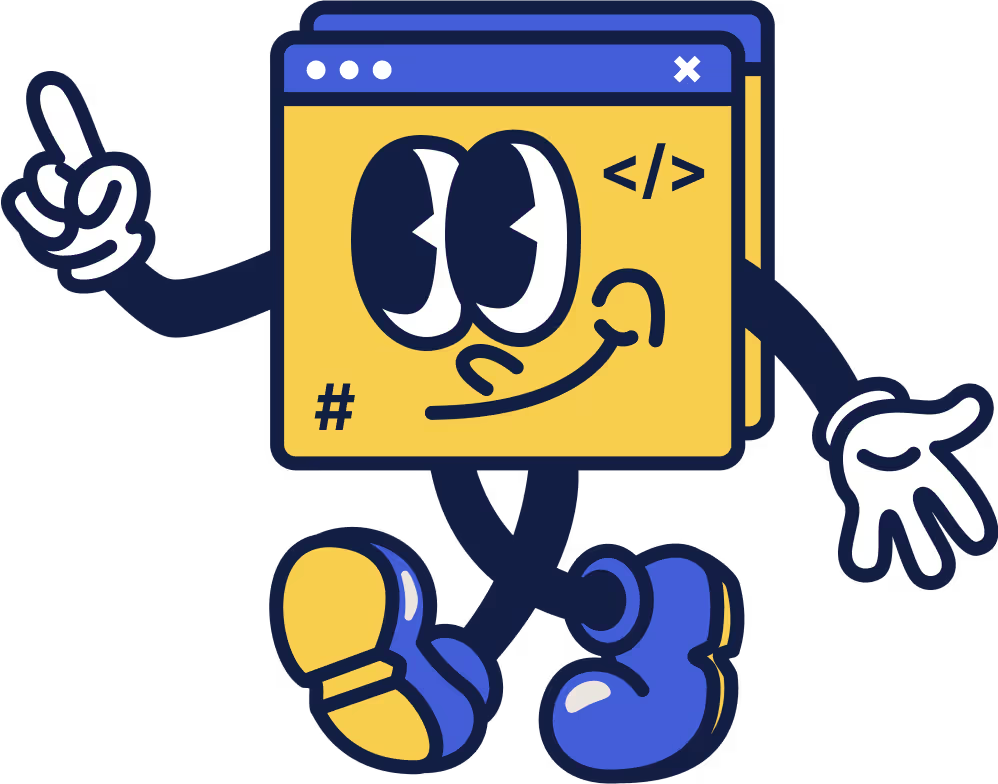How to Hire a React Developer for your energytech startup

What type of React developer do I really need for my energytech product?
Match to your company stage and team size. Early-stage energytech needs fast shippers who can handle messy, real-time energy data and work without full specs.
Later-stage companies can prioritize accuracy and stakeholder management over speed.Small teams need strong solo builders; larger teams need people who can coordinate with hardware, data, and product stakeholders.

How do I assess React devs without running a drawn-out process?
Use two steps:
1. Paid work project
2.Live review (60–90 mins): walk through code, add a small real-time feature, and discuss trade-offs This tests both React skill and ability to work with complex, high-stakes data.

What should I include in my 30/60/90-day plan?
Define what success looks like:
- 7 days: Fully onboarded and running locally. Improved your onboarding docs or process based on their experience.
- 14–90 days: Owning and delivering meaningful features, like a solar farm performance dashboard or EV charging station map, and pushing them live to production.
- After 90 days: Very familiar with the codebase and business logic. Operating at the level of an engineer who’s been on the project for years able to handle complex edge cases in energy data confidently.

How do I decide between a generalist and a specialist?
Early-stage energytech companies need a reliable fullstack developer who can:
- Build the frontend UI in ReactWrite backend APIs for energy data ingestion
- Handle basic deployment and DevOps tasks
Later, as you grow and the product scales, you’ll split into specialists: a frontend dev who focuses on real-time visualizations, a backend dev for high-volume data ingestion, and a data engineer for analytics pipelines.

What’s the right mix of technical skill vs. product sense for this stage?
Early stage: entrepreneurial devs who work from rough ideas, make product calls as they code, and adapt quickly.
Later stage: team-oriented devs who execute within structured processes and collaborate across multiple squads.

How do I compete for talent without paying top-of-market salaries?
You can’t match big-company cash, and large equity giveaways hurt future fundraising. But you can leverage your mission (climate impact), ownership, and growth opportunities.
ReactSquad can connect you with vetted React talent in data-heavy domains for ~50% less than US freelancers.

How fast should my hiring process be?
Target 2–3 weeks from first touch to offer.
Energy/data-savvy React devs are rare. A slow process means losing them to other climate or SaaS companies.
ReactSquad offers fast matching of quality energytech developers within 48 hours, saving you time and money.

What’s my plan if my first hire doesn’t work out?
Have a 3-month probation with clear metrics: shipping production features, handling energy data, collaborating with non-software teams. If they fall short, part ways quickly — a bad fit can stall your roadmap more than an unfilled role.

What is React?
React.js is a JavaScript library for building dynamic user interfaces. It lets developers create reusable components, making apps faster to build, easier to maintain, and more responsive—without needing to reload the whole page each time something changes.

Technical Proficiency and Soft Skills
- Strong understanding of core JavaScript and React fundamentals (JSX, components, state, props, lifecycle methods)
- Experience with key tools in the React ecosystem (Redux, React Router, UI libraries)
- Ability to build reusable, modular, and maintainable components
- Proficiency in working with APIs and handling async data
- Clean coding practices and version control with Git
- Problem-solving and critical thinking in debugging and development
- Effective communication and teamwork in cross-functional environments

Finding React Developers
You can find dedicated React engineers on vetted talent platforms which focus on experienced developers. Clutch and GoodFirms list React development agencies with client reviews. GitHub, Stack Overflow, and LinkedIn can also help identify active React teams. Consider hiring remotely to expand your access to skilled global teams.
OR save yourself the time and hire directly from us. You can get expert part-time devs within hours.

The Cost of Hiring React Developers
React developers typically charge $70 to $160 per hour, depending on experience and location. In the US, average React developer salaries range around $120,000 annually, with variations across different states. Junior developers may start around $50/hour, while senior talent in the U.S. or Western Europe can command $100/hour or more.
ReactSquad offers startup-friendly rates at $75 per hour.

Next Steps
As you progress in your hiring process, consider the benefits of integrating a team like ReactSquad into your development projects. Our developers offer a wealth of knowledge and experience in React development. Our approach also ensures seamless integration with your project goals, resulting in developers shipping code for you within a week. In a nutshell, partnering with ReactSquad streamlines your hiring process and helps you build successful React projects.








































































.avif)

























.avif)

















































